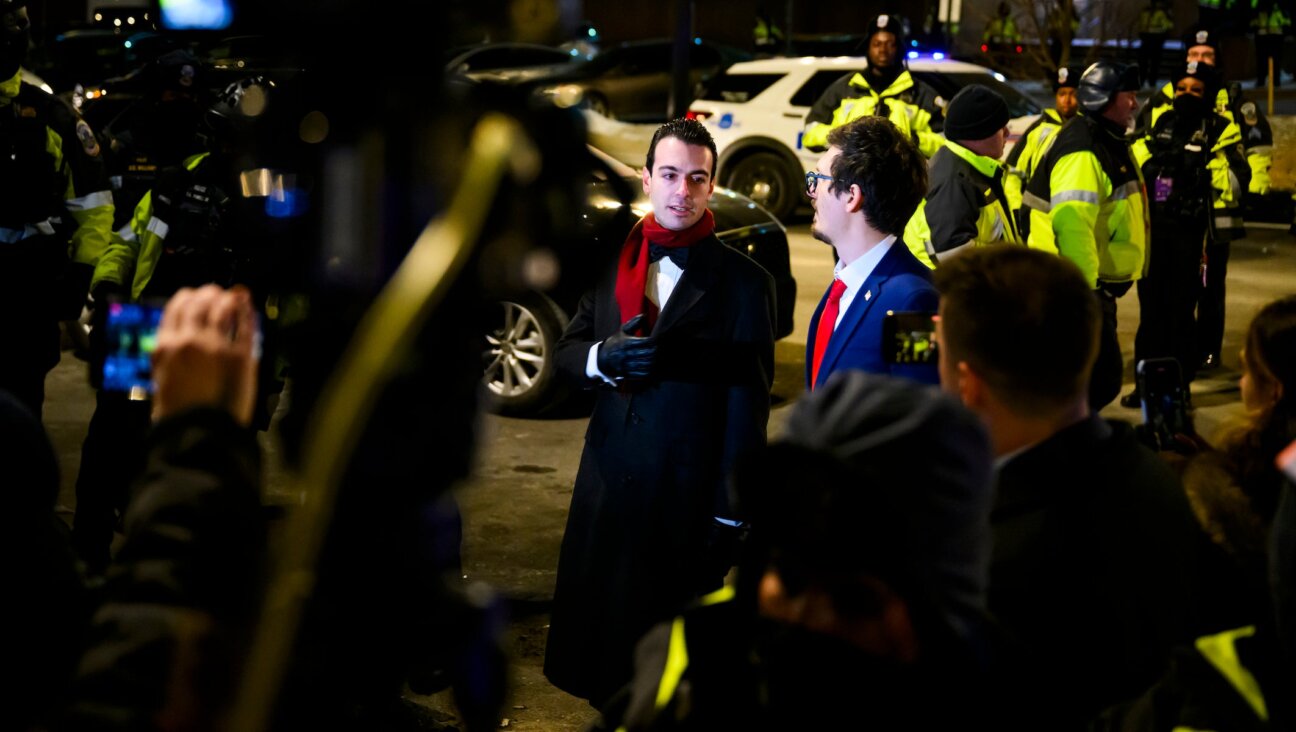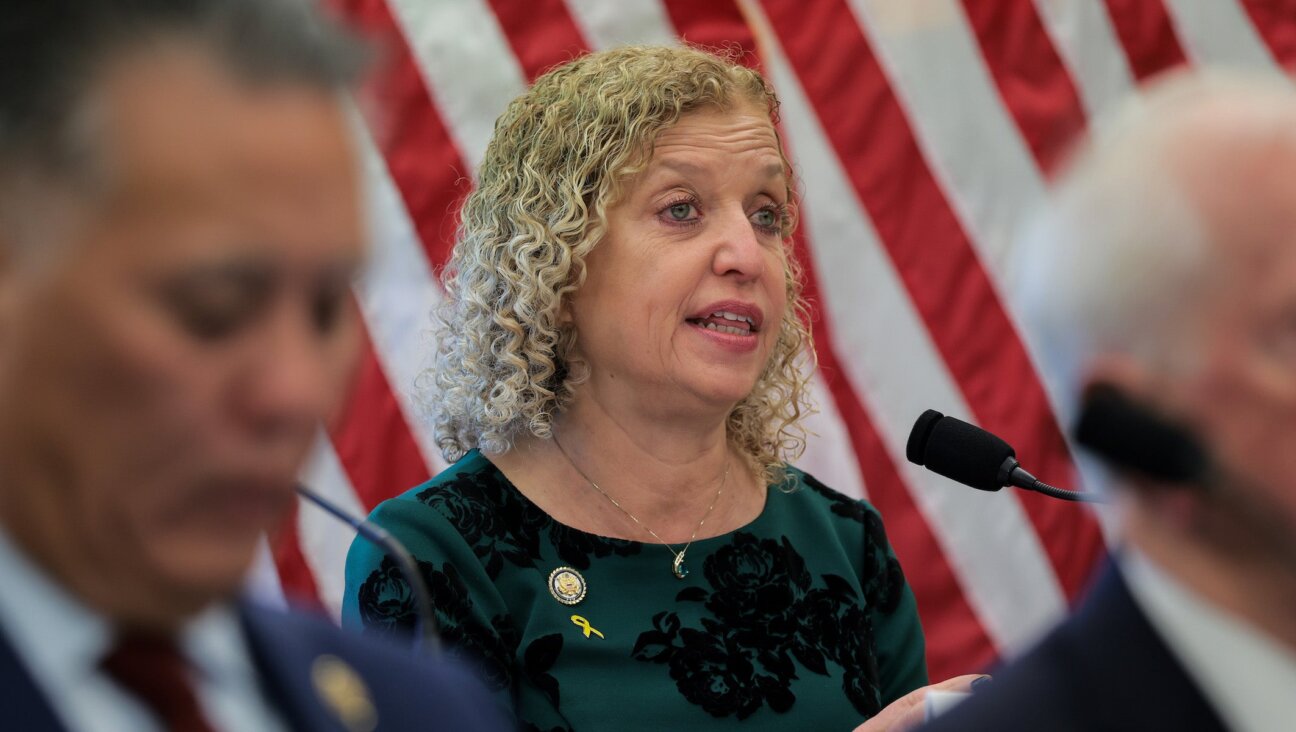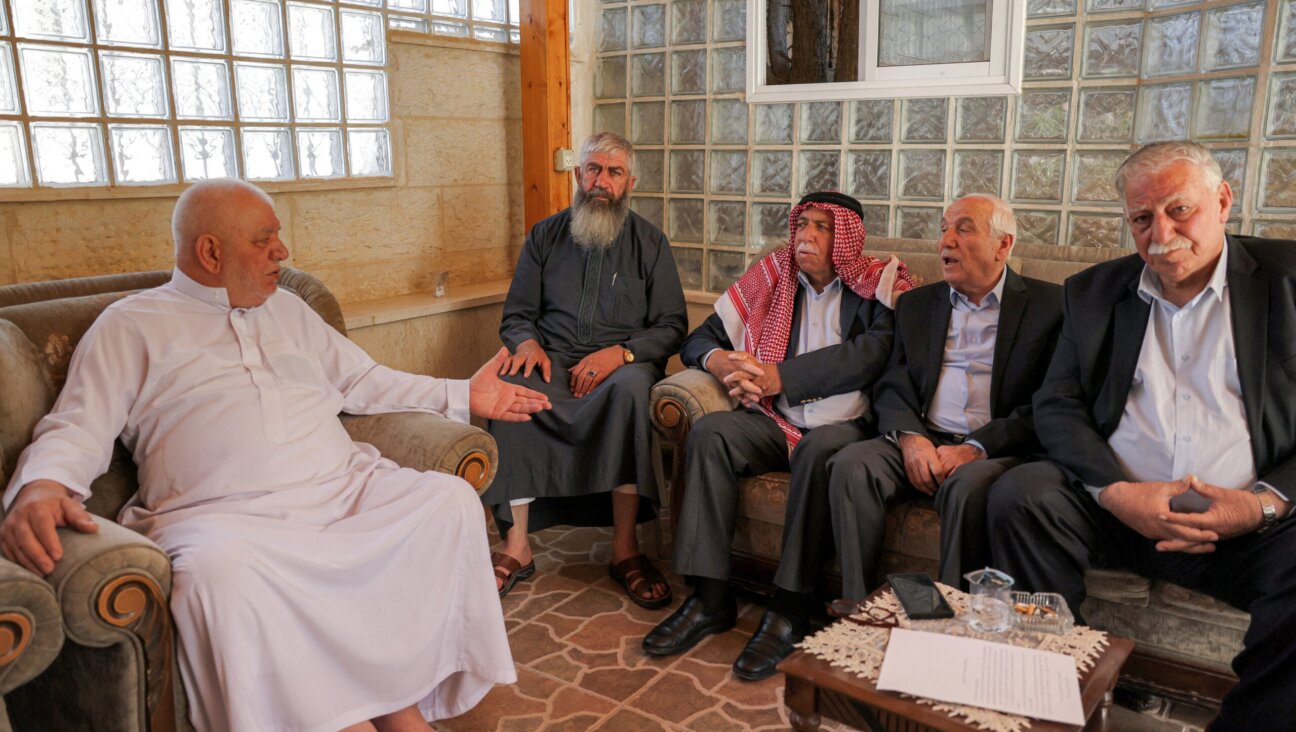Hamas Leader in Exile Quits: Sources
Hamas’s leader in exile, Khaled Meshaal, is tired of policy challenges from the Islamist group’s Gaza-based leadership and is not seeking re-election in a vote now underway, political and diplomatic sources said on Sunday.
Over the past five months, Hamas, which has ruled the Gaza Strip since 2007, has been quietly holding a leadership ballot among activists in the territory, the occupied West Bank, Israeli prisons and in Arab and other foreign countries.
Meshaal, who has led Hamas since 1996 from various Arab capitals, told a meeting of its senior officials in Cairo last week that he had no desire to remain its chief and his decision not to run in the election was final, said a source close to Hamas.
“He (Meshaal) told them to pick another leader,” the source said.
Meshaal and other Hamas officials have made no public comment on his future leadership or on the Cairo meeting.
Earlier this year, Meshaal angered Hamas’s Gaza-based leadership by agreeing that its main rival, the Fatah movement of Western-backed Palestinian President Mahmoud Abbas, could lead any future unity government.
Egypt has brokered a reconciliation pact between Hamas and Fatah, which fought a brief civil war in 2007 that left the Islamist group in control of the Gaza Strip and Abbas in charge of the West Bank.
But implementation of the pact, which envisages a governing partnership and new Palestinian elections, has been held up by the two sides’ failure to carry out its clauses on the ground.
Meshaal has also voiced what critics in Hamas saw as approval for Abbas’s now-stalled talks with Israel, saying in 2011 that 20 years after a 1991 international Middle East conference, Palestinians were willing to give peace another chance.
“Meshaal has grown impatient with some of his Gaza officials who recently tried to undermine decisions he took on behalf of the group,” said a diplomatic source in the region.
Hamas has repeatedly denied any internal rift.
SAVVY
Meshaal, the source added, was more savvy about world politics and more pragmatic than Hamas leaders who have lived only in the Gaza Strip.
Israel has dismissed such distinctions, blaming Meshaal for planning attacks that have killed hundreds of its soldiers and civilians. In 1997, Mossad agents botched an attempt to kill him in Amman, an incident that strained ties with Jordan.
The diplomatic source said Meshaal was likely to come under pressure from within Hamas and from some Arab countries to agree to stand as a candidate before a final vote, whose date remains secret.
Another source, privy to the Hamas meeting in Cairo, said Ismail Haniyeh, the group’s leader in the Gaza Strip, and Moussa Abu Marzouk, who headed Hamas in the early 1990s, were the top candidates to replace Meshaal.
Both Haniyeh and Abu Marzouk support closer relations with Arab countries and Europe, while adhering to Hamas’s policy of refusing Western demands to recognise Israel’s right to exist.
The location of a new Hamas chief could be key to winning votes. Hamas activists have traditionally preferred leaders in exile, in venues seen as offering better personal security than in the Gaza Strip which Israeli drones overfly frequently.
Founded in 1988, Hamas’s charter advocates Israel’s destruction. Hamas leaders, however, have said they would accept a Palestinian state in the West Bank and Gaza Strip in return for a long-term truce with Israel.























